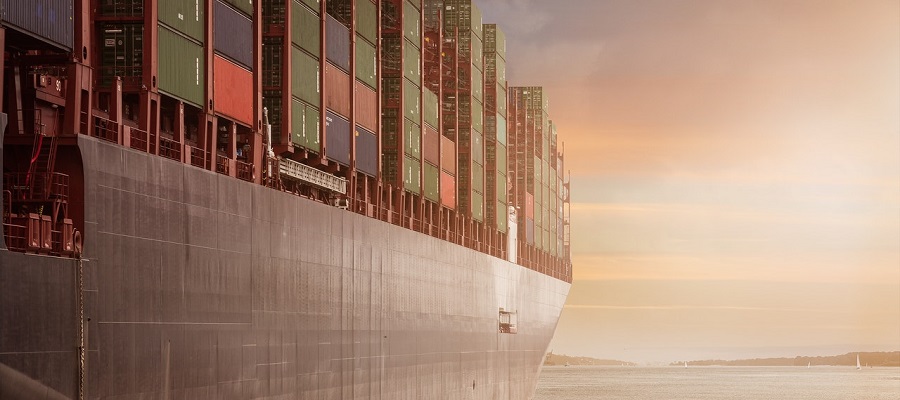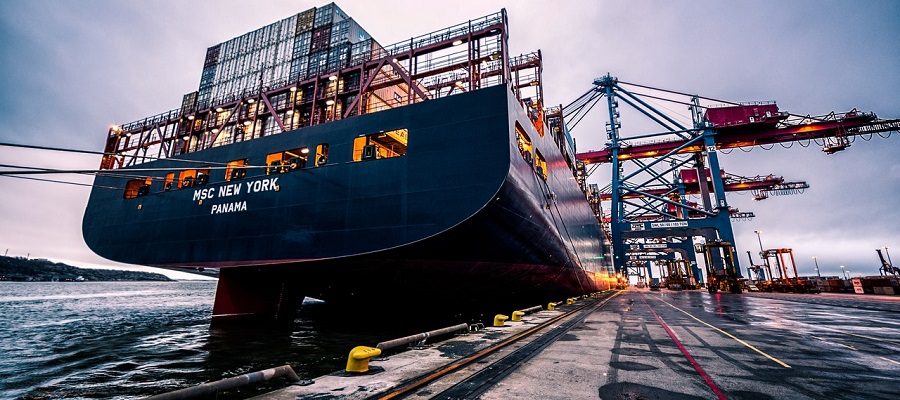CIF is one of the most known and most used incoterms. But what do you know about it?
What is "CIF"?
CIF is an abbreviation and stands for Cost, Insurance and Freight and is a classic sea freight clause.
CIF means that the seller delivers the goods on board the vessel or procures the goods already so delivered. The risk of loss or damage to the goods shall pass when the goods are on board the vessel. The Seller shall conclude the contract of carriage and bear the costs and freight necessary for the carriage of the goods to the named port of destination.
In addition, Seller shall take out, at its own expense, marine insurance with minimum insurance coverage (Institue Cargo Clause C) against the risk of loss of or damage to the goods borne by Buyer during transportation to the port of destination. If the Buyer desires higher insurance coverage, he will either have to expressly agree this with the Seller or make his own additional insurance arrangements.
Advantages of CIF
The customer does not need to worry about the pre-cargo, handling, sea freight and insurance costs in the foreign country. Experience shows that he will therefore prefer the Cif offer if possible. He is unfamiliar with the conditions in the country of manufacture in terms of calculation, and is therefore justifiably wary of the risks of cost increases, the development of which he can hardly follow from abroad.
Avoidance of corrution traps and other scams
Especially for merchants where the trust is not yet there and you have not had a transaction yet, it is recommended to use CIF especially in developing countries. It is not uncommon for fraudulent sellers to collude with officials so that the goods are even taken off the ship and confiscated at FOB. Since the goods have been loaded, the seller has fulfilled his obligation and the risk is transferred to the buyer.
FOB vs CIF
In this blog you will learn about the differences between the two Incoterms.


